Former Chinese Premier Li Keqiang has passed away at the age of 68 due to a heart attack, according to state media reports. Li, known for his reform-minded approach, once seemed poised to become China's future leader but was overshadowed by President Xi Jinping during his ten-year tenure as premier.
Li's sudden heart attack occurred in Shanghai, where he had been resting. Throughout his time as premier, he cultivated an image as a more modern and approachable figure compared to some of his more traditional colleagues. Fluent in English, he expressed support for economic reforms during his tenure.
Despite a more liberal background in his youth, Li adhered to the Communist Party's official line for decades. However, his reputation was marred by his handling of an HIV/AIDS epidemic stemming from a tainted blood donation program while he was the party leader in Henan province. Instead of holding officials accountable, local authorities cracked down on activists and the media.
Li's journey to political prominence began in eastern China's impoverished Anhui province, where he worked as a manual laborer during the Cultural Revolution. He later earned a law degree from Peking University and initially embraced Western and liberal political theory.
His career took a more orthodox turn as he entered officialdom in the mid-1980s. While his former classmates protested in Tiananmen Square in 1989, Li rose through the party ranks, becoming the top official in Henan and Liaoning provinces, both of which experienced economic growth. He was eventually appointed as a deputy to then-Premier Wen Jiabao.
Li's attempts to address China's complex economic challenges were constrained by the increasing authority of President Xi Jinping, whom he had once been considered a rival to for China's leadership.
During his time as premier, China's political landscape shifted from consensus-based rule to more concentrated power under Xi's leadership. Additionally, China's economic growth, which had soared in the 1990s and 2000s, began to slow down as Li's term came to a close. His successor, Li Qiang, an ally of President Xi, signaled a shift away from Li's reformist agenda.
In his final speech as outgoing premier, Li emphasized China's steady economic recovery and its potential for further growth, despite facing difficulties and challenges.
Li Keqiang's legacy is a complex one, marked by both his reformist aspirations and the constraints of China's political dynamics under President Xi's leadership. His passing represents the end of an era in Chinese politics, leaving many to reflect on his role as a moderate voice in a time of ideological fervor.







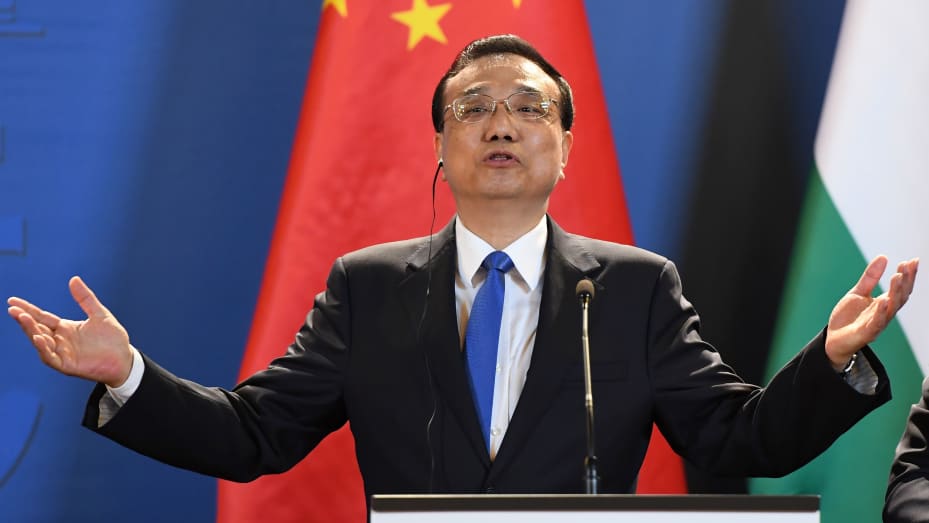
 OpinionExpress.In
OpinionExpress.In

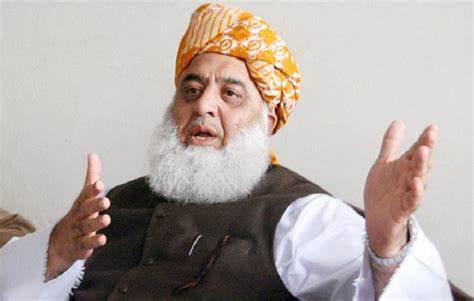
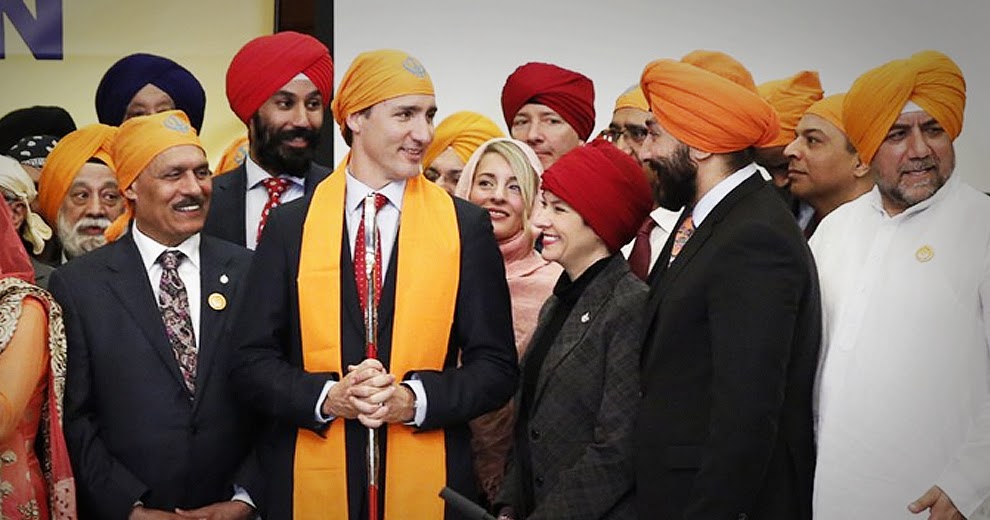

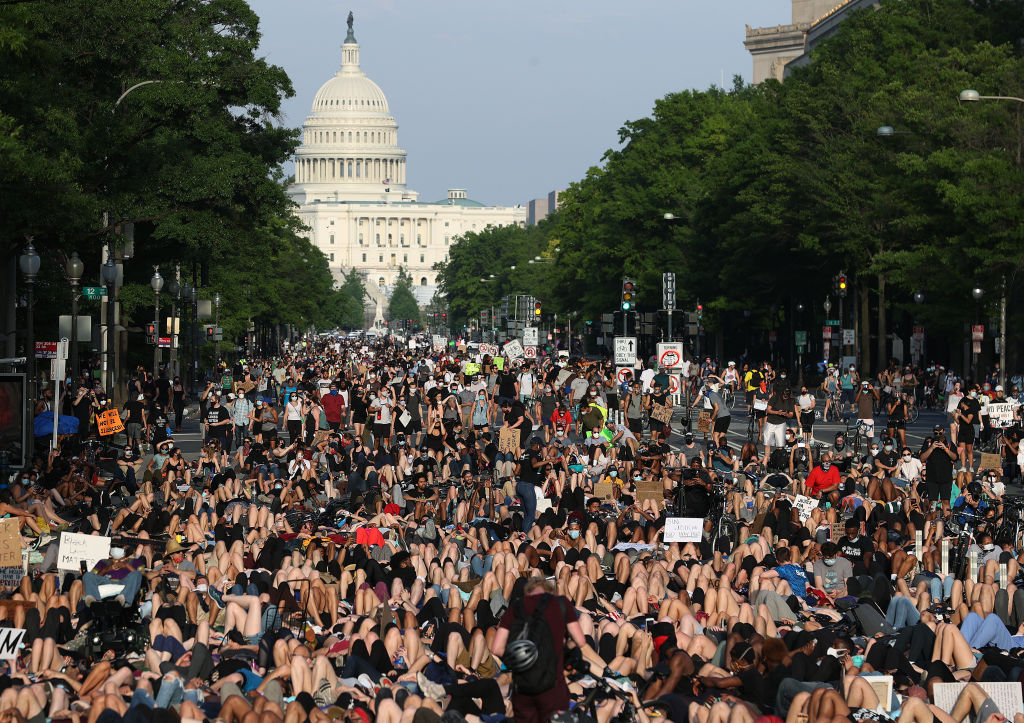
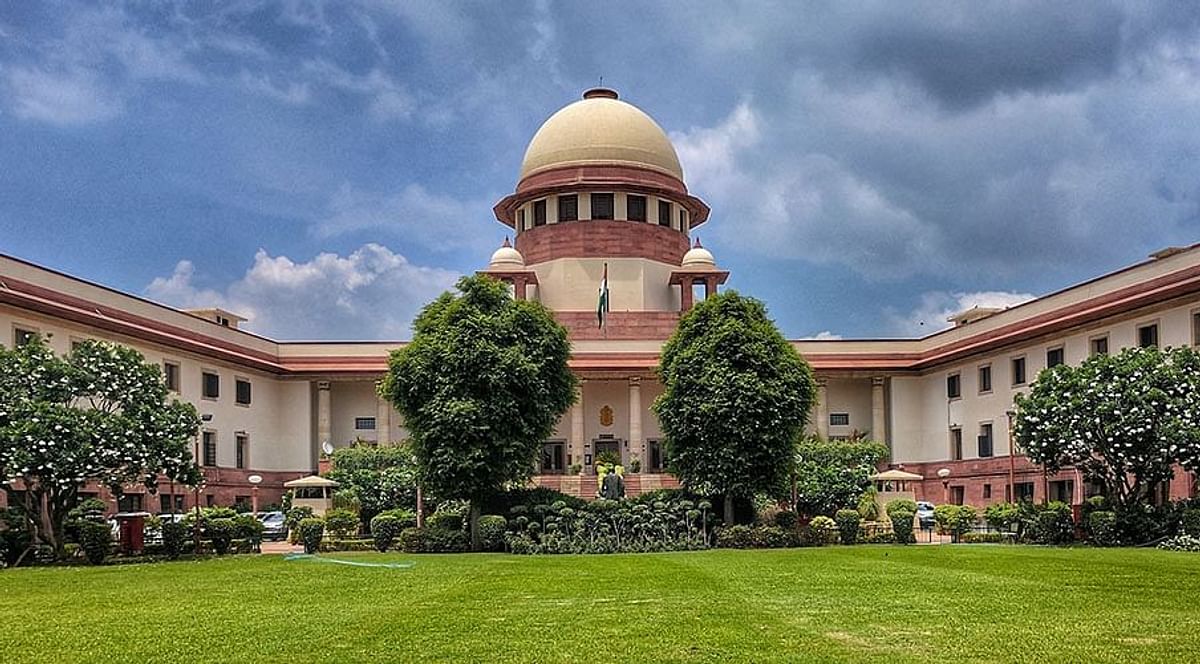
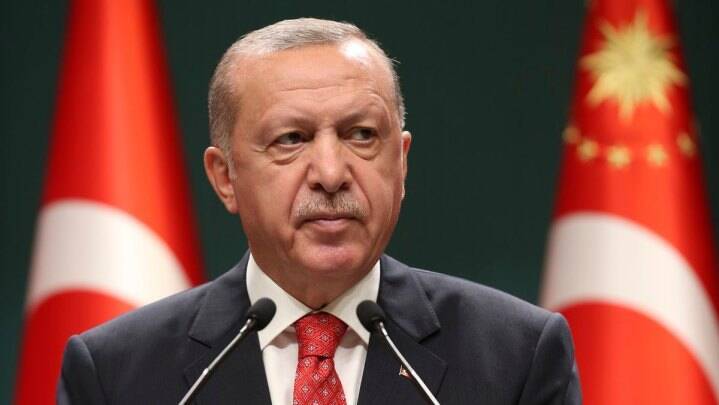

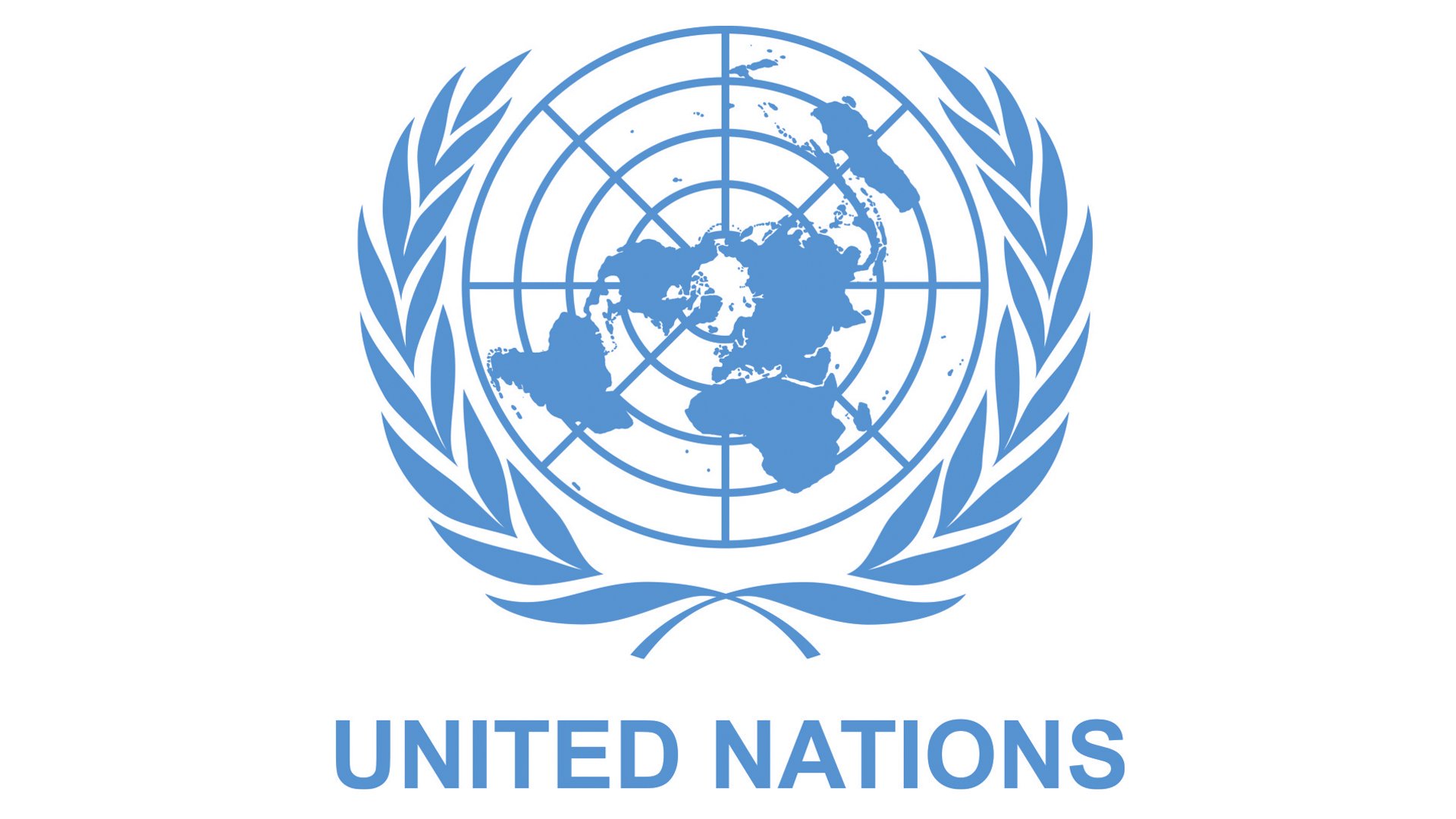






Comments (0)